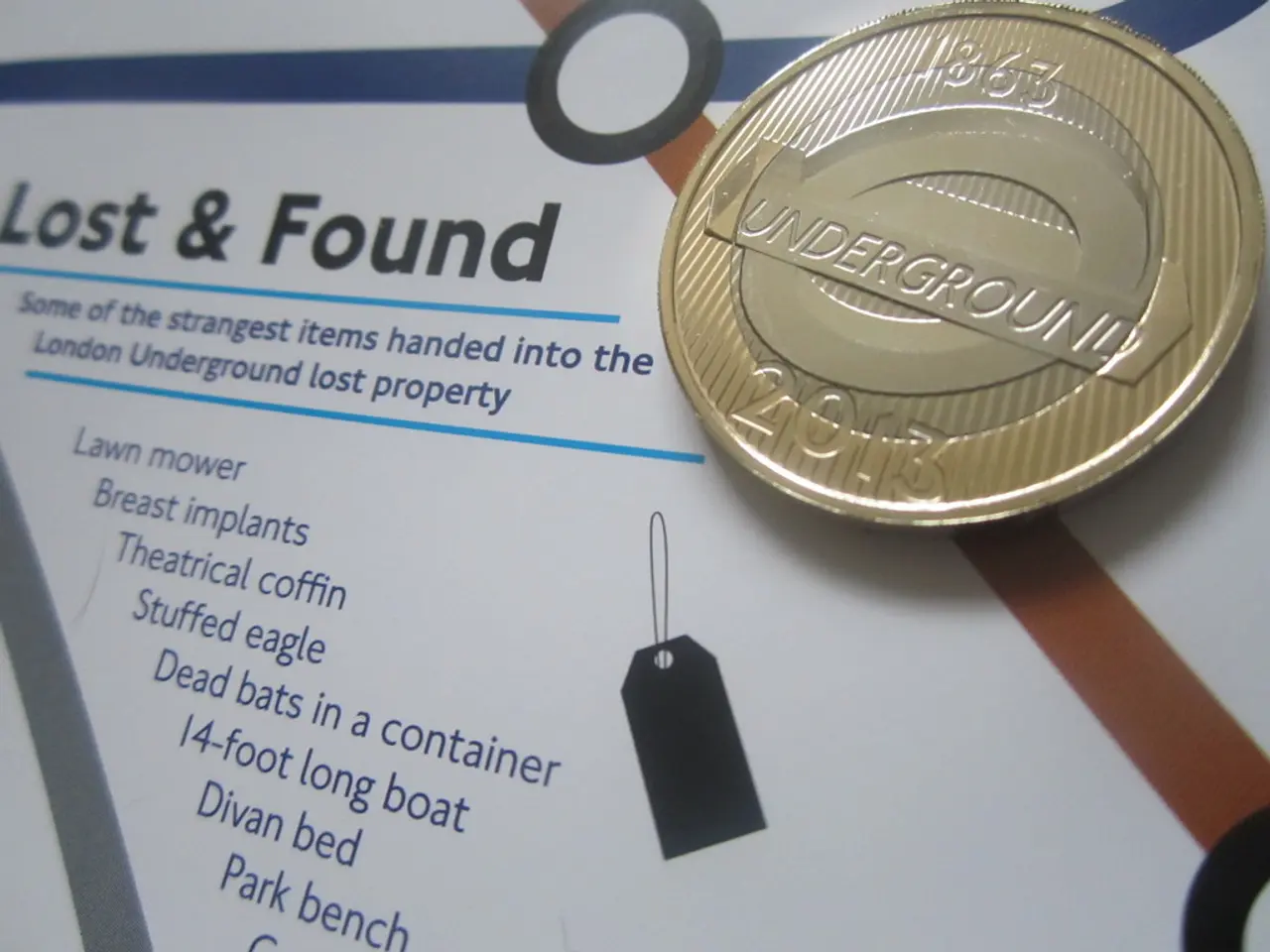Singapore Reinforces Cryptocurrency Regulations to Combat Money Laundering Threats
The Monetary Authority of Singapore (MAS) has introduced stricter regulations for digital token service providers (DTSPs), effective from June 30, 2025. These new rules aim to ensure consistency and compliance with global standards, particularly in anti-money laundering efforts.
All entities incorporated in Singapore, including companies, partnerships, and individuals, must comply if they provide digital token services, even if only to overseas clients. The regulations apply to entities with a business presence in Singapore, including virtual offices, servers, or marketing functions.
Under the new regulations, a Digital Token Service Provider (DTSP) Licence is mandatory for entities offering services such as custody, promotion, issuance, trading, exchange, brokerage, advisory, or tokenomics consultancy for digital payment tokens (DPTs) and capital markets tokens (CMTs). Centralized and decentralized exchange operators, wallet and tokenization service providers, DeFi front-ends, GameFi promoters, Web3 DAOs, and related development teams fall under this category.
Platforms dealing solely in utility tokens or governance tokens without payment or securities-like characteristics are exempt from DTSP licensing. However, all services related to DPTs and CMTs require a license. Unlicensed providers must suspend or cease activities by June 30, 2025, and failure to comply can result in significant fines and potential jail time.
The new regulations also enhance anti-money laundering (AML) and counter-terrorist financing (CFT) measures, introduce consumer protection safeguards, and regulate the issuance of stablecoins with MAS oversight. Long-term compliance with these norms could bolster institutional trust in regulated environments.
These regulations are a response to past crises, notably the collapses of major crypto firms like Three Arrows Capital and Terraform Labs, headquartered in Singapore in 2022. The MAS has stated that it significantly hampers their supervisory abilities for operations conducted outside Singapore.
These new rules are expected to dampen cross-border cryptocurrency flows and may necessitate substantial operational overhauls for affected businesses. The MAS is unlikely to grant many licenses to overseas-focused DTSP, potentially forcing some platforms to cease operations.
As the cryptocurrency landscape continues to evolve, it is crucial for businesses and individuals to stay informed about regulatory changes and adapt accordingly to maintain compliance and ensure the safety and security of their operations.
Sports leagues and teams may need to adopt comprehensive Know Your Customer (KYC) procedures and AML policies when integrating cryptocurrency payments, due to the stricter regulations imposed on Digital Token Service Providers (DTSPs) by the Monetary Authority of Singapore (MAS). Failure to comply with these crypto regulations could result in harsh penalties, potentially forcing sports organizations to reconsider their cryptocurrency-related activities.








